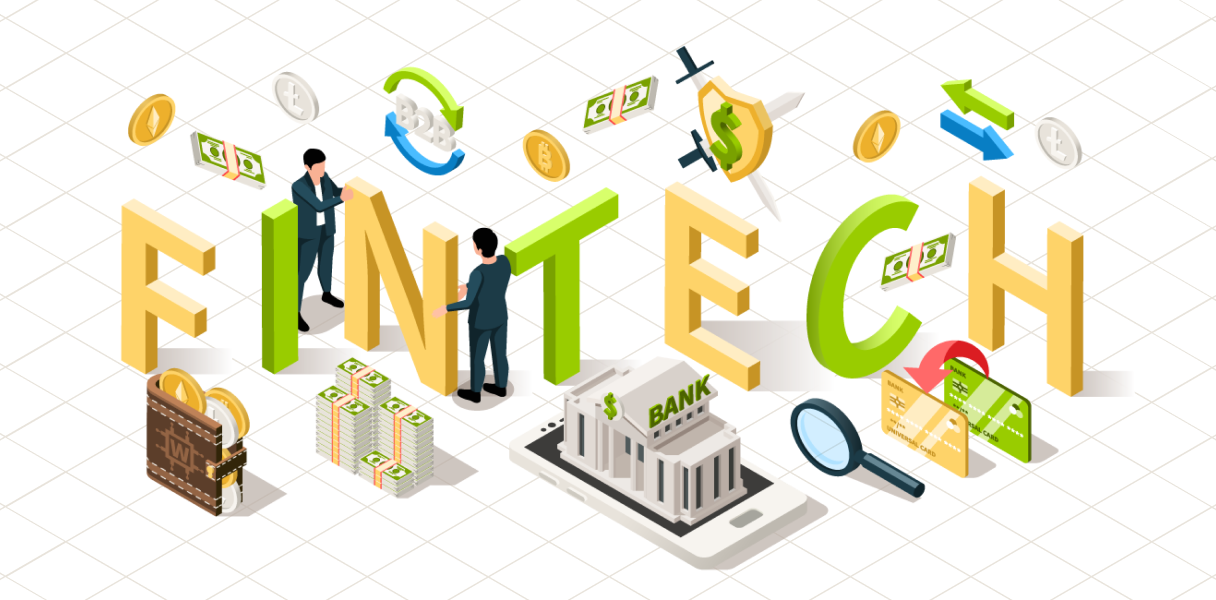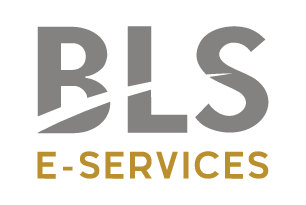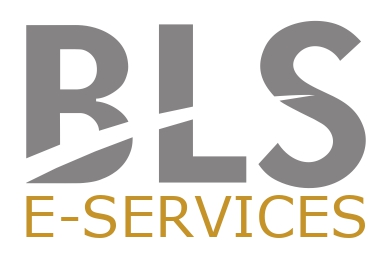Beyond Banking: How Fintech is Championing Inclusive

Beyond Banking: How Fintech is Championing Inclusive E-Governance
In an era dominated by technological advancements that reshape the contours of our world, the pervasive influence of digital progress is unmistakable, permeating every facet of our economy. The advent of e-governance represents a revolutionary leap in the realm of accessing essential services, ushering in unprecedented levels of convenience. However, amid this digital wave, a significant challenge emerges—one that threatens to create a divide that could exclude segments of our population: the digital literacy gap.
While e-governance promises enhanced accessibility, not everyone has seamlessly embraced the digital journey. This challenge becomes the focal point for discussion, revealing the potential exclusionary repercussions of the rapid digital transformation. Nevertheless, amidst this transformative change, Fintech companies emerge as crucial players in championing inclusive e-governance. Their commitment lies in ensuring that every citizen, regardless of their digital literacy, can readily access and benefit from essential services.
Fintech's Commitment to Bridging the Digital Divide
Designing User-Friendly Interfaces
Fintech firms, traditionally seen as disruptors in the financial sector, extend their influence beyond banking. One pivotal role they play is in enhancing the reach of government services. Recognizing the challenge of simplifying complex government services for the average citizen, these companies employ user-centered design principles. They create interfaces that are not only technologically advanced but also intuitive and easy to navigate, ensuring that citizens, irrespective of their digital proficiency, can seamlessly interact with e-governance platforms.
Education and Outreach Initiatives
Promoting digital literacy is a cornerstone in bringing the marginalized into the mainstream of e-governance. Fintech companies are taking proactive steps by investing in education and training programs. Collaborating with governments, they aim to empower citizens, bridging the digital literacy gap and enhancing the overall effectiveness of e-governance. These initiatives not only focus on the urban population but also extend to rural and remote areas, fostering a holistic approach to inclusive digital governance.
Customized Support for Vulnerable Populations
Acknowledging that digital literacy is not the sole barrier to inclusion, Fintech firms address the unique needs of vulnerable populations. They extend support to the elderly, disabled, and non-English speakers by integrating accessibility features and assistive technologies into e-governance services. By doing so, they ensure that government services are not only accessible but also tailored to meet the diverse needs of the entire citizenry.
Digital Identity Solutions
The foundation of a connected e-governance ecosystem rests on secure digital identities. Fintech companies take the lead in developing solutions that safeguard privacy and ensure equal opportunities for all citizens. These identity solutions not only enhance security but also streamline the user experience, making e-governance services more accessible to individuals with varying levels of digital proficiency.
Multilingual Services
In a diverse and multicultural society, Fintech companies recognize the importance of multilingual support in e-governance. Breaking down language barriers is instrumental in facilitating better use and integrating minority populations. By offering services in multiple languages, Fintech firms contribute to the creation of a more inclusive digital governance paradigm.
Data Privacy and Security
In the pursuit of user-friendliness, Fintech firms prioritize data privacy and security in e-governance services. Navigating regulatory compliance, they strike a delicate balance between convenience and data protection. This ensures that citizens can engage with e-governance platforms with confidence, knowing that their personal information is safeguarded.
Bridging the Urban-Rural Divide
Recognizing the digital divide between urban and rural areas, Fintech firms play a pivotal role in offering connectivity solutions. They address infrastructure challenges to ensure that government services are accessible to all citizens, regardless of their geographical location. This not only narrows the urban-rural digital gap but also contributes to the overall goal of creating a more connected and inclusive society.
In Conclusion: A Connected and Inclusive Digital Governance Paradigm
In the dynamic landscape of e-governance, the partnership between governments and Fintech companies has evolved into a transformative force. Public-private collaborations illuminate a path toward a more efficient, transparent, and inclusive governance framework. As Fintech firms and governments unite, the prospect of a more advanced and responsive e-governance system shines brighter than ever. This partnership marks the inception of a perpetual journey towards a connected and inclusive digital governance paradigm, where the benefits of technological progress are accessible to all, irrespective of their digital literacy.
To gather more details, don't forget to visit our website at https://www.blseservices.com/index.php
Recent Post:

Fintech's Trailblazing Path: Expanding E-Governance to India's Heartland Cities
BLSMon Dec 04 2023
Beyond Banking: How Fintech is Championing Inclusive
BLSWed Nov 29 2023

